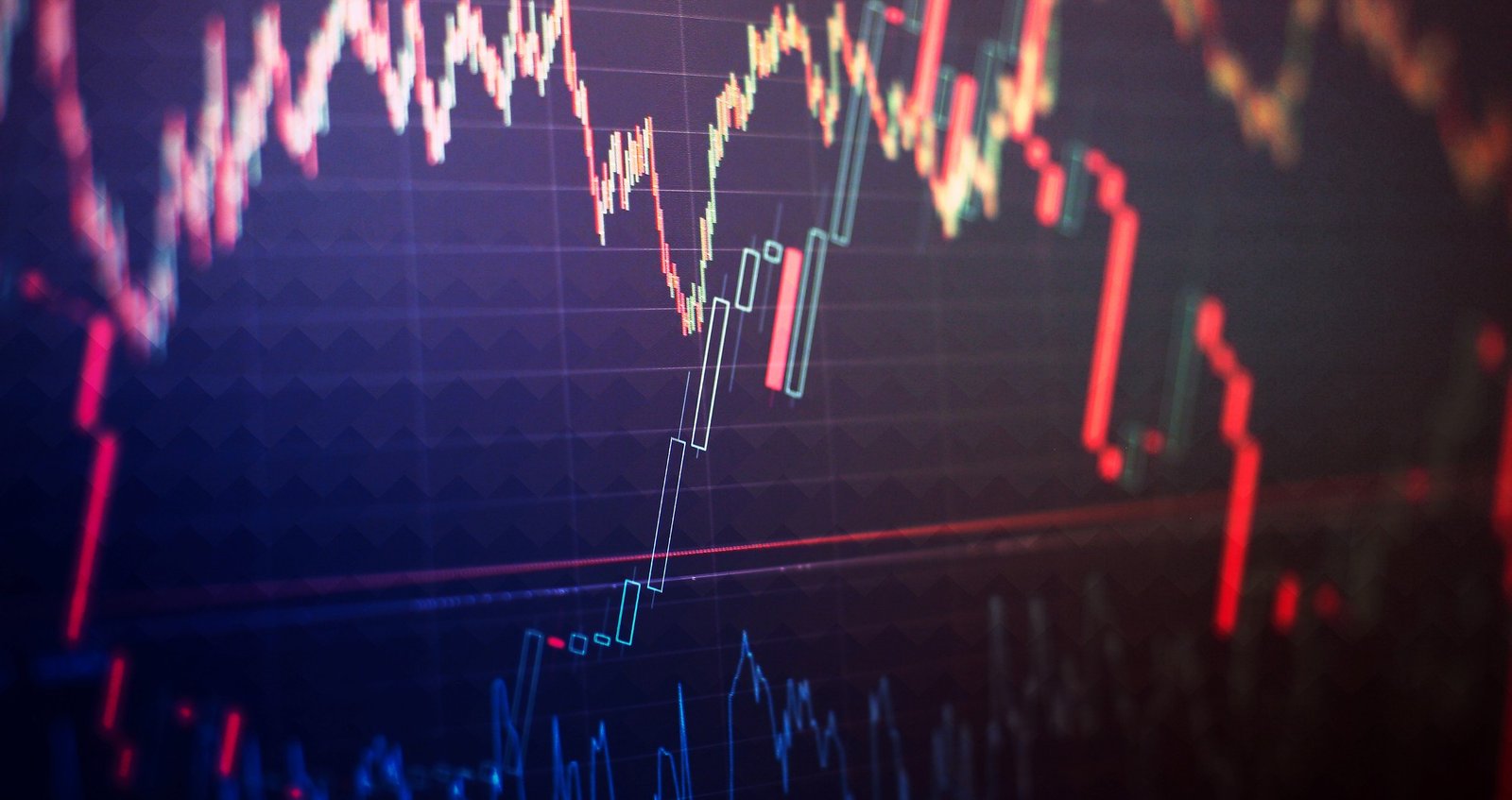Essential Trading Knowledge for Beginners
Stepping into the world of trading can be both exciting and daunting for beginners. Trading, at its core, is the act of buying and selling financial instruments such as stocks, forex, or commodities with the aim of making a profit. To navigate this complex landscape, understanding the fundamental concepts is crucial.
There are various types of trading that one can engage in. Day trading involves buying and selling securities within the same trading day, aiming to capitalize on short-term market movements. Swing trading spans over several days to weeks, focusing on capturing gains from expected price swings. Position trading, on the other hand, takes a longer-term approach, holding positions for months or even years to benefit from major market trends.
Understanding the financial markets is paramount. The forex market, for instance, is where currencies are traded, and it operates 24 hours a day. Stock markets, such as the New York Stock Exchange (NYSE), provide a platform for buying and selling company shares. Commodity markets involve trading raw materials like gold and oil. Each market has its own dynamics and requires specific knowledge.
Key trading terminologies are foundational to grasp. The bid price is the highest price a buyer is willing to pay, while the ask price is the lowest price a seller is willing to accept. The spread is the difference between these two prices and represents the transaction cost. Leverage allows traders to control larger positions with a small amount of capital, but it also amplifies risk. Margin refers to the funds required to open and maintain a leveraged position.
Having a robust trading plan is essential. This plan should outline your trading goals, strategies, risk tolerance, and performance metrics. Risk management strategies, such as setting stop-loss orders and position sizing, help protect your capital. Psychological aspects, including discipline, patience, and managing emotions, are equally critical in ensuring long-term trading success.
Equipping yourself with this essential trading knowledge will enhance your ability to make informed decisions and navigate the financial markets with greater confidence. Understanding these basics lays the groundwork for more advanced market analysis and trading techniques.
Advanced Forex Insights for Experienced Traders
Experienced forex traders understand that mastering the basics is only the beginning. To truly excel, one must delve into advanced analysis techniques. Among these, technical analysis remains paramount. Utilizing chart patterns such as head and shoulders, double tops, and triangles can provide significant insights into potential market movements. Indicators and oscillators, including the Relative Strength Index (RSI), Moving Average Convergence Divergence (MACD), and Bollinger Bands, offer critical information about market momentum, overbought or oversold conditions, and volatility.
Fundamental analysis is equally critical for experienced traders. This involves a deep dive into economic indicators like Gross Domestic Product (GDP) growth rates, employment figures, and inflation rates. Geopolitical events, such as elections, trade negotiations, and international conflicts, can cause significant currency fluctuations. Central bank policies, including interest rate changes and quantitative easing measures, also play a crucial role in shaping forex market dynamics. Understanding the interconnectedness of these factors can provide traders with a more comprehensive view of the market.
Advanced trading strategies are essential for thriving in the forex market. Scalping, for instance, involves making numerous trades within a day to capitalize on small price movements. Hedging can help mitigate risk by taking offsetting positions in correlated currency pairs. Algorithmic trading, which leverages computer algorithms to execute trades based on predefined criteria, can enhance trading efficiency and consistency.
Staying current with global news and trends is of utmost importance. The forex market is highly dynamic, and unexpected events can significantly impact currency values. Experienced traders should continuously monitor news sources, economic reports, and market analyses to adapt their strategies promptly. Incorporating these insights into their decision-making process can lead to more informed and strategic trades.
By refining their technical and fundamental analysis skills, adopting advanced trading strategies, and staying informed about global developments, seasoned forex traders can enhance their trading performance and achieve greater success in the forex market.





